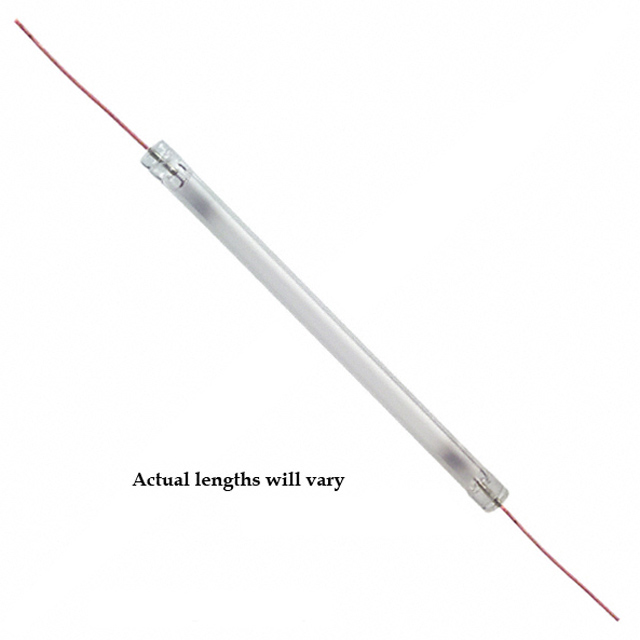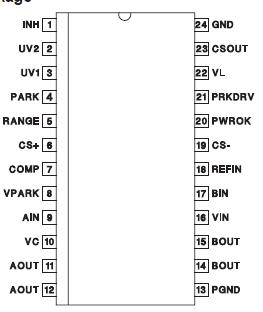UC3173A: Features: · Precision Current Control· ± 500mA Load Current· 1.3V Typical Total VSAT at 550mA· Controlled Velocity Head Parking· Precision Dual Supply Monitor with Indicator· Range Control for 4:1 G...
floor Price/Ceiling Price
- Part Number:
- UC3173A
- Supply Ability:
- 5000
Price Break
- Qty
- 1~5000
- Unit Price
- Negotiable
- Processing time
- 15 Days
SeekIC Buyer Protection PLUS - newly updated for 2013!
- Escrow Protection.
- Guaranteed refunds.
- Secure payments.
- Learn more >>
Month Sales
268 Transactions
Payment Methods
All payment methods are secure and covered by SeekIC Buyer Protection PLUS.

 UC3173A Data Sheet
UC3173A Data Sheet








